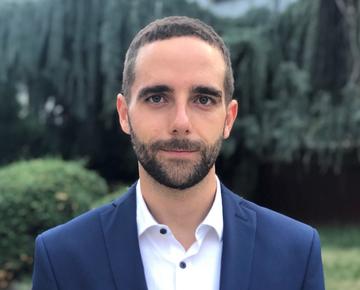Convener: Professor David Doyle
Speaker: Guillermo Toral (Vanderbilt)
The political appointment of bureaucrats is typically seen as a rent-seeking strategy that helps politicians sustain clientelistic networks and manipulate public administration to their advantage. I argue that political appointments can also increase bureaucratic accountability and effectiveness because they provide political and social connections between bureaucrats and politicians. These connections grant access to material and non-material resources, enhance monitoring, facilitate the application of sanctions and rewards, align priorities and incentives, and increase mutual trust. In certain conditions, political appointments can thus enhance bureaucrats' accountability and effectiveness in public service delivery. I test this theory using data on Brazilian municipal governments, leveraging two quasi-experiments, two original surveys of bureaucrats and politicians, and in-depth interviews. The findings challenge the traditional view that patronage is universally detrimental to development, and highlight how political appointments and connections can be leveraged to enhance public service delivery.

Guillermo Toral is Assistant Professor of Political Science at Vanderbilt University, and a Faculty Affiliate at MIT GOV/LAB. He works in the fields of comparative politics and political economy, with a regional focus on Latin America and a substantive focus on issues of development, governance, and corruption. His research agenda centers on relationships among state actors (politicians, bureaucrats, and anti-corruption agents) and how they shape public service delivery and human development. In his work, Guillermo uses big administrative datasets, surveys, and extensive qualitative fieldwork to shed light on dynamics of government accountability and public service delivery. He is writing a book on The political logics of patronage, distinguishing the strategic uses that local politicians in Brazil make of public employment and how those uses impact government accountability and the quality of public services. Guillermo earned his PhD in Political Science from MIT in 2020, and won APSA’s 2021 Harold Lasswell award for the best dissertation in public policy. Prior to joining MIT, he spent several years working on education policy and human development programs at the World Bank in Washington DC and across Latin America.